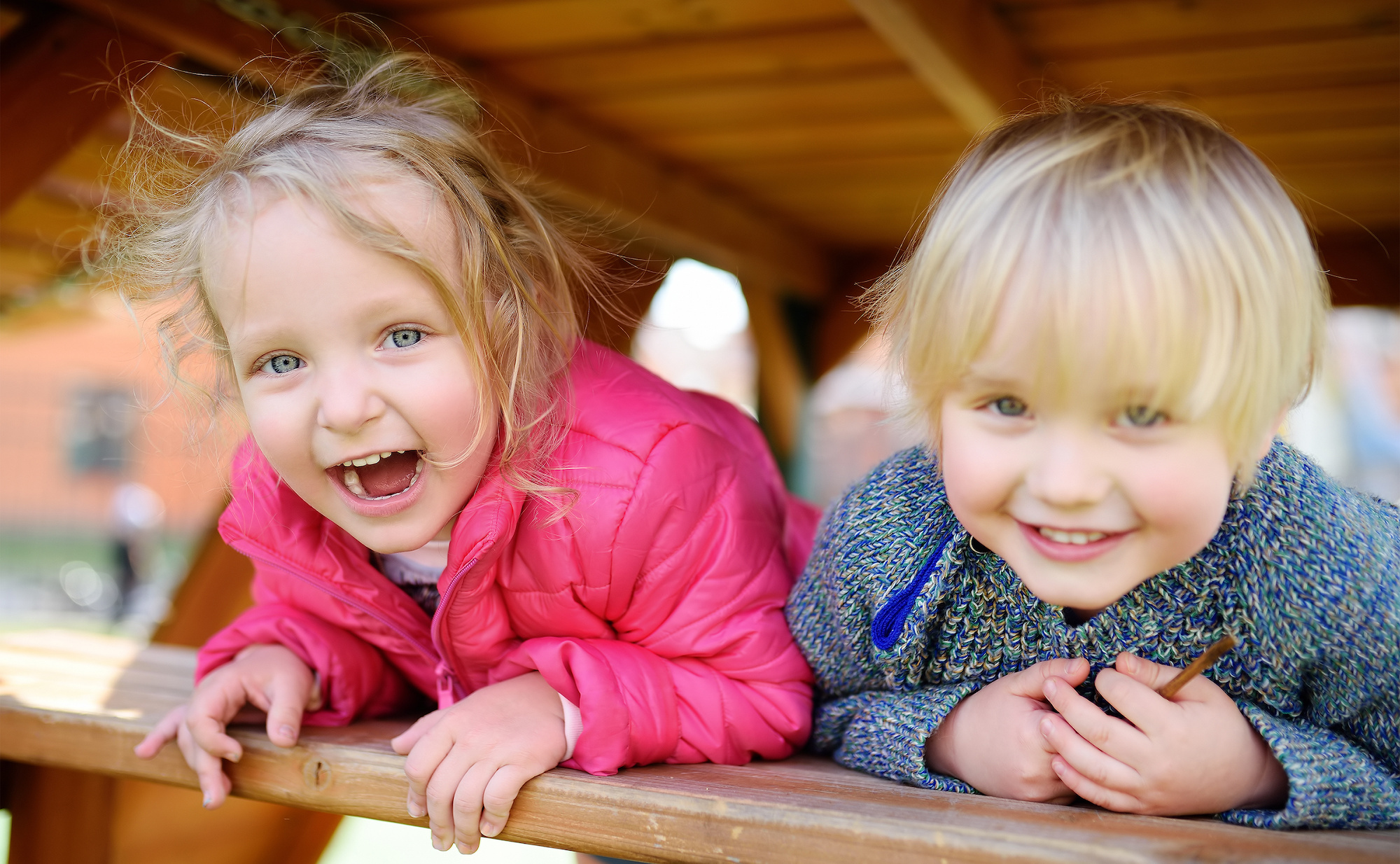Making the beginning of school transition easier
This time of year, the start of school transition is on every parent’s mind. Separations from parents can be stressful for young children, especially during a pandemic. Here are a few things you can do to support your child in making the adjustment a little smoother.
- If possible visit your child’s school and classroom. If that is not possible look at videos and photos of their new space. At home talk about what they like about their class, toys and activities, and support them further.
- Read stories and watch videos about starting school.
- Pass by the school a few days before they start and talk about the beginning of school and all the fun they will have.
- Have an open conversation about the feelings your child expresses about being away from you, empathize and let them know that you understand.
- Establish regular routines when getting ready for nursery school. Routines give your child predictability and a sense of stability from knowing what will come next. Allow your child plenty of time to get ready, if they are rushed or stress saying goodbye it will not go as smoothly.
- Send photos of your family to be displayed in your child’s classroom to give them a sense of continuity and belonging.
- While driving to school, sing songs or talk to your child about what they like about their class. Also talk about what you will do together when you pick them up.
- Arrive on time and greet your child’s teacher in a calm pleasant manner. Stay positive, children need to feel assured that their parents are completely comfortable with the transition and environment.
- If your child is crying at the door, help them navigate their emotions, offer a hug, and let them know it is healthy and normal to cry sometimes. Children usually stop crying once they walk over the threshold and enter on their own.
- Give your child something to do when you leave. For example, ask them to shut the door for you, or wave goodbye to you while holding the teacher’s hand or draw a picture for you during the day.
- Always say good-bye with a hug, a kiss, a smile and wave. Your child needs to see that you are comfortable with leaving. Even if you are feeling sad about leaving, your child needs to see confidence in the choice to leave.
- After you have said good-bye, leave, even if your child is crying. They will settle more quickly if they feel your confidence and trust in the process. Going back to comfort them, even for an instance, will only make the separations more difficult.
Crying is a powerful emotional release–for any age group. It is especially important for children’s brains since they are still developing and learning how to regulate emotions. Your child might cry a little, but rest assured the teachers are there to give hugs and get them involved in games, songs, and activities. All children are different in their response to being away from parents. However, your child will make progress and will continue to do so with your support. They will grow more comfortable day by day and blossom at their new school.

